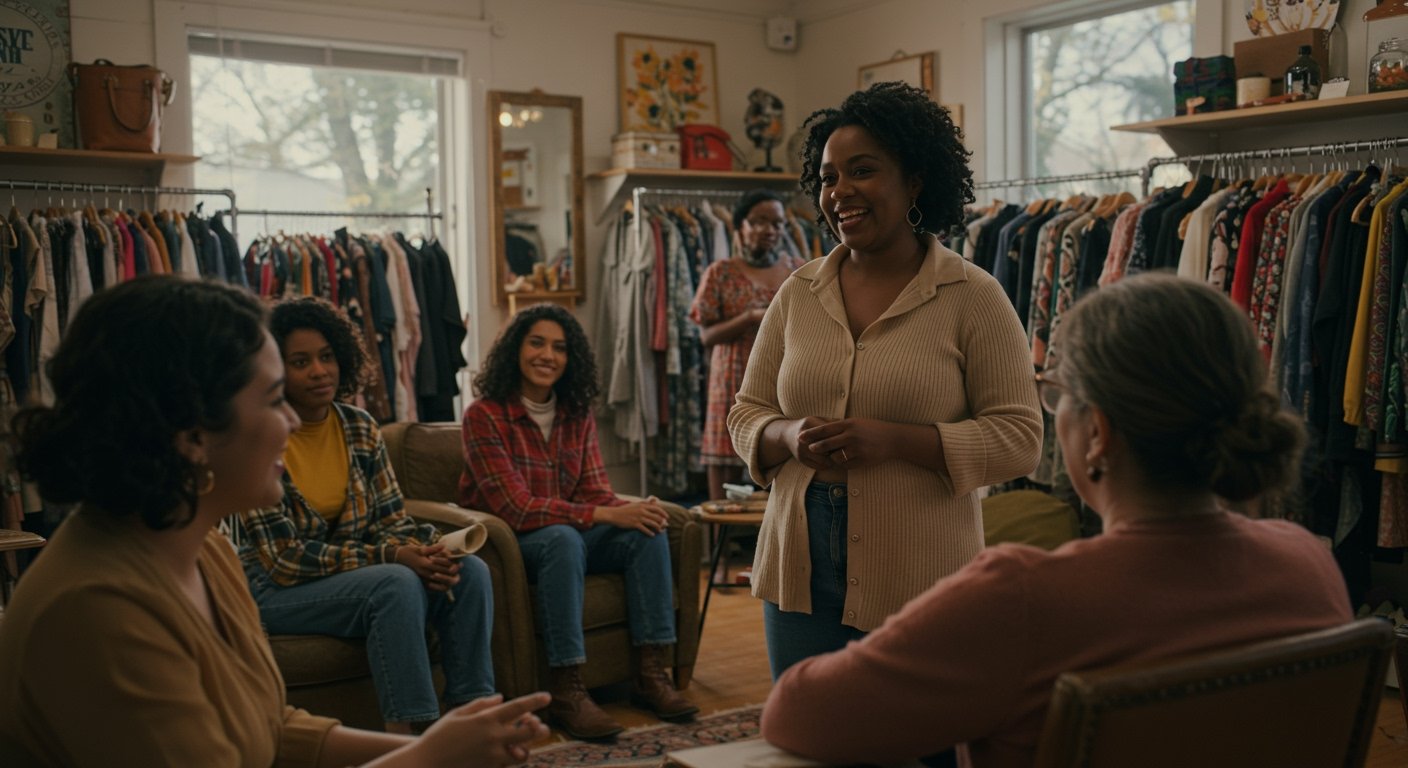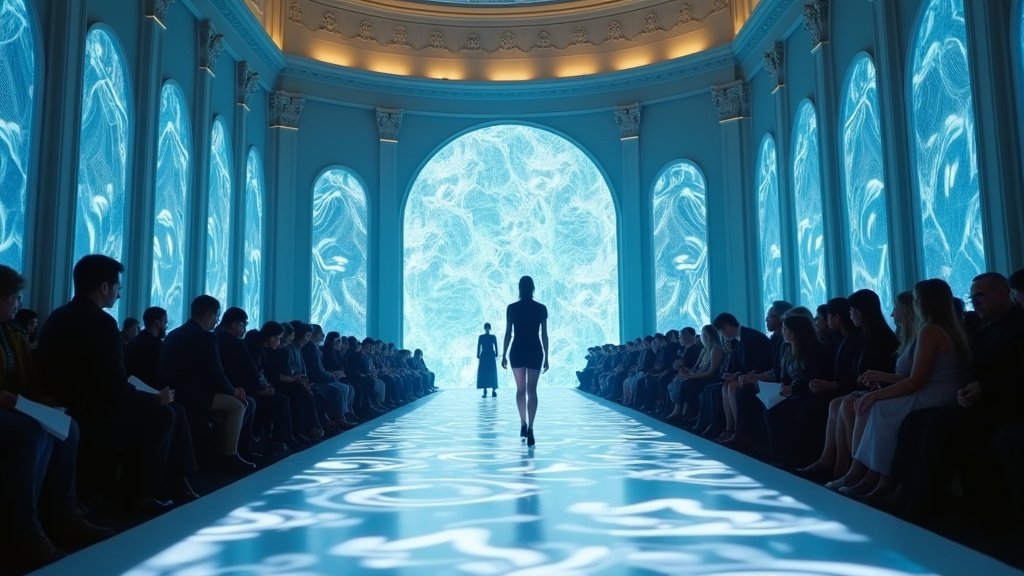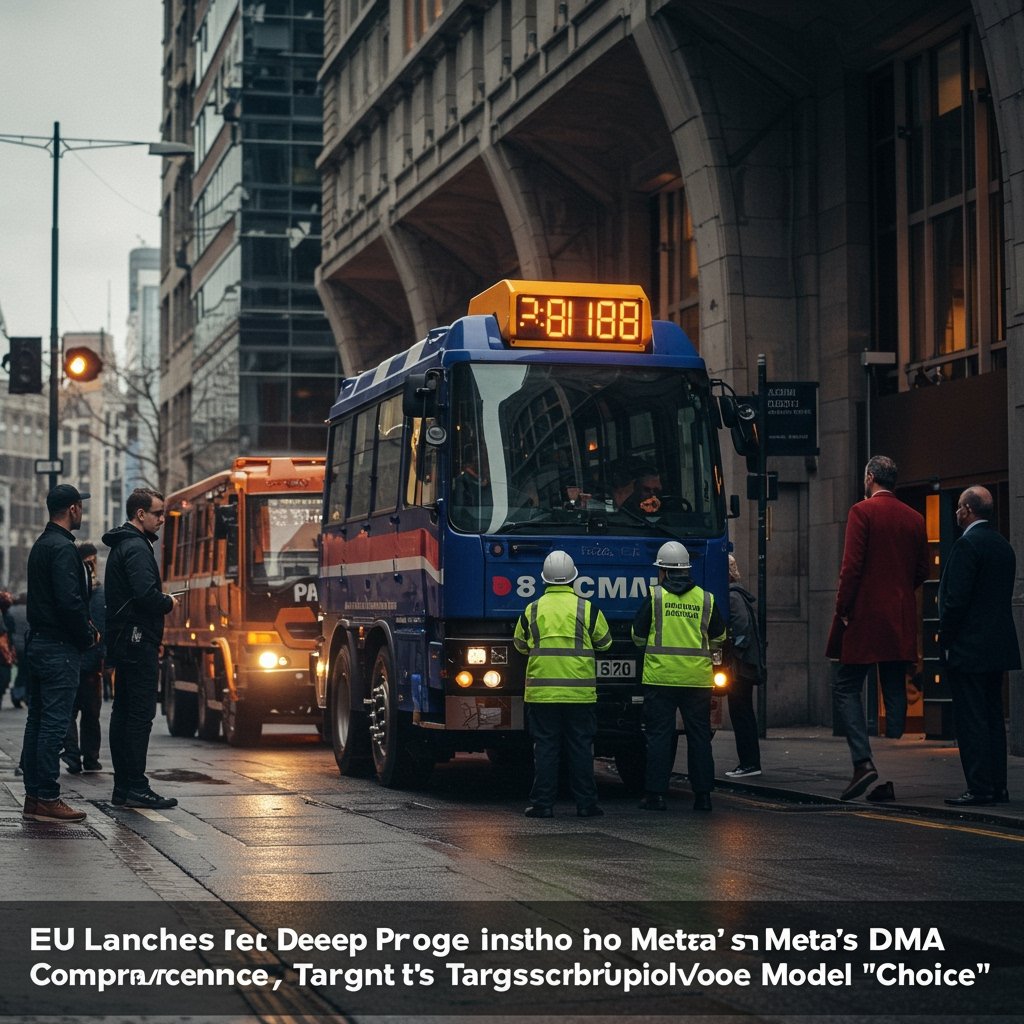In the world of retail, where transactions often dominate interactions, one Oregon business is deliberately charting a different course. Oregon Fiber Traders, a second-hand clothing store, is leveraging its space not just for commerce, but as a dedicated hub for building community, a vision spearheaded by its owner, Laural O’Rourke.
O’Rourke’s approach is deeply rooted in a diverse and unconventional background that has shaped her perspective on business and society. Growing up influenced by University of Oregon teachers, navigating the world of beauty school, serving in the military, and working for the government have collectively provided her with a unique lens through which to view the intersections of people, culture, and commerce. These experiences have forged a philosophy centered on human connection, which she now applies deliberately to her retail venture.
In November, O’Rourke relocated Oregon Fiber Traders, a move driven by a vision that extends significantly beyond traditional profit motives. Her primary aim is to cultivate a physical space where genuine connection and meaningful conversation can flourish. This objective stems from a profound belief that contemporary society is experiencing a deficit in these fundamental areas, leading to increased isolation and disconnection among individuals.
The Genesis of a Vision
O’Rourke’s journey to becoming a second-hand clothing entrepreneur focused on community building is anything but linear. Each phase of her life has seemingly contributed a layer to her understanding of human needs and societal structures. From the academic environment influenced by University of Oregon teachers, perhaps instilling a value for intellectual exchange, to the disciplined structure of the military, and the broad scope of government work, her path has been rich with varied human interactions and observations. Her time in beauty school, a setting often ripe with personal narratives and close interaction, likely further honed her understanding of individual expression and interpersonal dynamics. This tapestry of experiences has culminated in a retail model that prioritizes social capital alongside economic activity.
Beyond the Transaction
The concept of a retail store actively fostering community is central to O’Rourke’s strategy for Oregon Fiber Traders. She envisions the store as more than just a place to buy and sell clothing; it is intended to be a living room for the neighborhood, a place where people feel comfortable lingering, sharing ideas, and engaging in dialogue. This deliberate effort to create a space for connection and conversation is a direct response to what O’Rourke perceives as a growing lack of such opportunities in modern life. By providing a physical location dedicated to these interactions, she hopes to counteract feelings of isolation and build stronger social ties among patrons.
Weaving Inclusivity
A critical dimension of O’Rourke’s vision for community at Oregon Fiber Traders is an unwavering commitment to inclusivity. As a Black woman, she possesses a heightened awareness of individuals who are often marginalized, forgotten, or simply not seen within broader society. This lived experience fuels her determination to ensure that her store is a welcoming and affirming space for everyone, particularly those who might feel overlooked elsewhere. She views inclusivity not merely as a buzzword, but as an absolutely key part of her future vision for the store, integral to its identity as a community hub. This focus aims to create a space where diverse perspectives are valued and all individuals feel a sense of belonging.
Fashion as Dialogue
Beyond the social aspect, O’Rourke holds a deep appreciation for the power of clothing itself. She views fashion as a vital form of visual communication and self-expression. This understanding is influenced by her early comprehension of the importance of language and her experiences with modeling. She sees the act of choosing and wearing clothes as a powerful way for individuals to tell their story, express their identity, and communicate non-verbally with the world. In the context of a second-hand store, this takes on added significance, as pre-owned garments carry histories and offer unique possibilities for personal styling and creative expression. This perspective elevates the act of shopping at Oregon Fiber Traders beyond mere consumption to a form of personal and public dialogue.
A Store Reimagined
The relocation of the store in November marked a significant step in actualizing O’Rourke’s expanded vision. The new space was chosen and designed with the specific intention of facilitating the community-building activities she prioritizes. It is envisioned as a versatile venue capable of hosting events, discussions, and gatherings that bring people together, further solidifying its role as a community asset rather than just a retail outlet. The move represents an investment not only in the business’s physical presence but, more importantly, in its social mission.
Laural O’Rourke’s Oregon Fiber Traders stands as an example of how retail spaces can be reimagined to serve a broader societal purpose. By intentionally building community, fostering inclusivity, and recognizing the communicative power of fashion, O’Rourke is creating a business that sells more than just clothes; it offers connection, belonging, and a platform for self-expression. In a society often characterized by digital distance, her analogue approach to building community, one garment and one conversation at a time, presents a compelling model for the future of conscious commerce.




